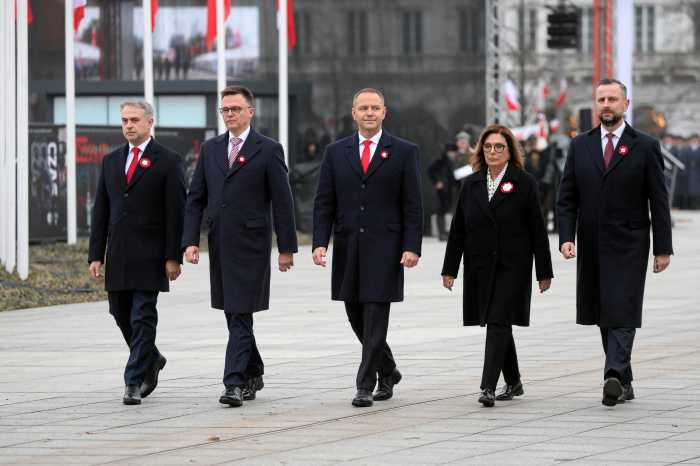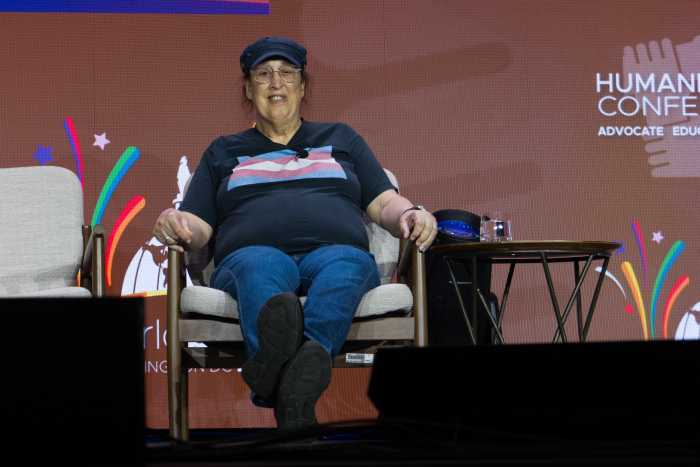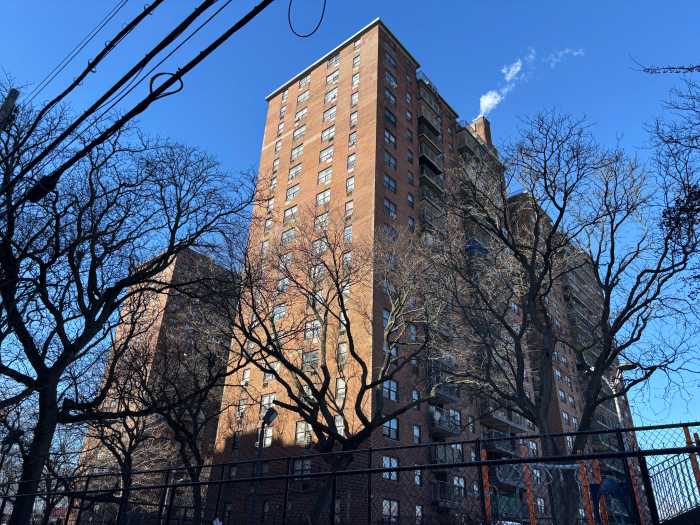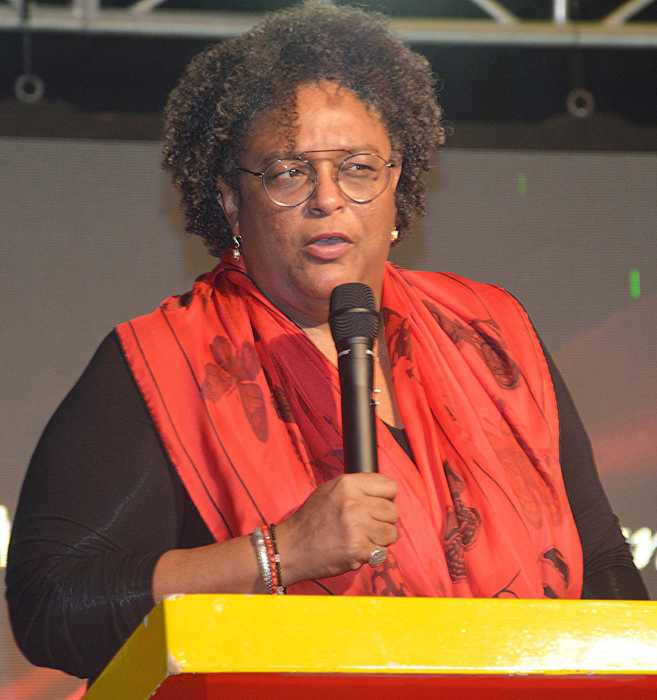NOTE: This article is an updated version, supplemented by additional reporting, from that first posted on December 6.
The Islamic Republic of Iran murdered Makwan Moloudzadeh, a lad of 21, on the cold morning of December 5. Makwan was dragged at dawn from his jail cell in the Kermanshah Central Prison and hanged in secret within the prison, without the required presence of his lawyer and family, for the so-called “crime” of having had anal sexual relations, which the authorities claimed was rape, with boys of his own age eight years ago, when he was 13.
Given recantings by plaintiffs during his trial, it is impossible to know what, if in fact anything, actually transpired during the alleged rape.
Amnesty International released a statement denouncing the execution as a “mockery of justice.” The International Gay and Lesbian Human Rights Commission's executive director, Paula Ettelbrick, said in a statement, “This is a shameful and outrageous travesty of justice and international human rights law. How many more young Iranians have to die before the international community takes action?”
And the trial of Makwan, held in June, was indeed a farce.
“The only plaintiffs who had given statements to the intelligence police saying they had been raped by Makwan came into court and repudiated those statements, saying that they had been extracted under torture,” the only Iranian journalist to have covered Makwan's case extensively, Mitra Khalatbari of the newspaper Etemade Melli, told this reporter by telephone from Tehran.
Khalatbari, who covered the story for months and courageously agreed to speak on the record to Gay City News, added, “Makwan himself told the judge that his admission to the Intelligence Police that he had had anal sex with one boy in 1999 was also obtained by torture, and that he now denied it and proclaimed his innocence.”
Prior to his execution, Makwan engaged in a hunger strike of ten days to protest the physical and psychological torture he'd been subjected to while in custody to make him confess.
“There was no other evidence,” Khalatbari, speaking through a translator, told Gay City News.
“The judge did not bother to order medical examinations to see if rape had taken place, nor did he bother to order medical examinations to see if torture of the plaintiffs had taken place,” she continued.
“The judge's verdict of guilty, and his sentence of Makwan to death, was based purely on his personal speculation,” she added.
Makwan – after having had his head completely shaved, a grave insult in Iranian culture – was paraded by police through the streets of his home town of Paveh on the back of a donkey, as police permitted passersby to hurl insults and invective at him and pelt him with stones, eggs, and other objects.
Makwan's lawyer, 29-year-old Saeed Eghbali, told this reporter by telephone that the so-called “confession” which Makwan gave to the police under extreme duress has no probative legal value under Iranian law.
“Iranian law says that a pretrial confession has no value for the court,” Eghbali told Gay City News through a translator. “Under our law, to be valid a sexual crime must be confessed in front of a judge four times, in four different sessions to have legal weight, and this did not happen in Makwan's case.”
Eghbali went on to explain that the prosecution in Makwan's case presented no witnesses and no other evidence against him.
“There were six plaintiffs, who were supposed to have a case against Makwan for rape – but they all withdrew their complaints and said their complaints were made under various forms of suasion, and that they should not have heeded those who made them file complaints – and moreover, such plaintiffs must provide evidence that rape actually took place, but no such evidence was presented in court.” said Eghbali, choosing his words carefully.
Eghbali's name has been in the Iranian press a great deal lately; he has criticized the prosecutors and the judicial system, and given well-known and well-documented regime practice toward domestic critics and dissidents, one must assume that his telephone is tapped. This may well explain why the attorney, unlike the gutsy journalist, deliberately avoided using the word “torture” at any point in his conversations with this reporter.
However, Makwan's family told journalist Khalatbari that, when they retrieved the lad's dead body for burial, they discovered both his arms had been broken.
Eghbali had every reason to be cautious in his interview with Gay City News. When I asked Eghbali if he were afraid of reprisals from the regime for his vigorous legal defense of Makwan and his public criticisms of the clerically-dominated judicial system, he sighed, paused, and said: “There is always that probability, that fear, that the government would get back at us – but, because I have always adhered to the letter of the law in my pleadings and statements, I hope to avoid any action against me by the authorities.”
Eghbali pointed out another illegality in the court's guilty verdict against Makwan.
“When they withdrew their complaints before the judge, all six plaintiffs offered to take a medical examination to show that no anal rape had taken place, but the judge refused to accept their offer or to order any medical examinations, even though the letter of the law requires it,” Makwan's lawyer said.
Eghbali said he is currently representing a boy who is under the age of 17, but who has already been in jail for ten months, charged with anal sex and the rape of another boy, for which he too faces the death penalty. The attorney declined to give the name of this defendant at this time or provide any other details, saying that the evidence against his client in this case was so flimsy that he hoped to avoid a trial.
But, Eghbali said with emphasis, “It is very important that you understand that under Iranian law, in a sodomy case, both parties to the sexual act must be punished. Iranian law specifically defines the active and passive partners in a case of male sexual relations, and the only way the passive partner can escape punishment is to claim he was raped.”
This, Eghbali said, helps explain why there have been so many cases publicized by the regime charging rape against a male involved in sexual relations with another male.
The state murder of young Makwan – who was only 20 if one uses an American calendar, but 21 if one uses an Iranian calendar – was triply illegal, in violation of international law and Iranian law. Two international treaties to which Iran is a signatory – the International Covenant on Civil and Political Rights and the Convention on the Rights of the Child – both forbid the imposition of the death penalty for crimes committed before the age of 18. As Human Rights Watch pointed out, “These provisions reflect the reality that children are different from adults. They lack the experience, judgment, maturity, and restraint of an adult.”
Iran has ratified both those treaties, and has taken no steps to abrogate or nullify them.
The French government formally “condemned the execution, despite multiple interventions of the European Union, of Makwan Moloudzadeh, for a crime he is supposed to have committed at the age of 13.” Foreign Ministry spokesperson Pascale Andréani said the French government “regrets that Iran has not respected its international obligations” under the two treaties, “which both forbid without ambiguity the execution of persons condemned for crimes committed while they were minors.”
And, although the Islamic Republic of Iran is one of only nine countries in which homosexuality is still punishable by death, the Iranian penal code forbids execution for sodomy of anyone who is not at least 15 years old – and Makwan was just 13 at the time of the alleged crime.
Moreover, journalist Khalatbari told me, “Iran's chief justice, Ayatollah Seyed Mahmoud Hashemi Shahrudi, declared Makwan's death sentence to be against the principles of Islam, citing a religious decree issued by Iran's Supreme Leader Ayatollah Khamenei. Ayatollah Shahrudi then ordered the execution halted until there could be a retrial.”
“A few days later,” according to Khalatbari, “the case was sent to Tehran, and despite the chief justice's opinion, Makwan's death sentence was confirmed and sent back to Kermanshah for immediate implementation,” in an obvious attempt to rush through the execution before the retrial Shahrudi had ordered.
Khalatbari told me that “even in the last hours of Makwan's life, the authorities continued to break the law. The execution order specified that he was to be hanged in the public park in Paveh where the so-called rapes had been committed – that would probably have happened on a 'public day,' like the coming Friday. Instead, he was hastily executed in secret, on Wednesday, in the Kermanshah Prison. There was no prior notification of the execution to the family or the lawyer, as the law requires, so Makwan's lawyer was not allowed to be present, as the law also requires.
“Thus, Makwan was not allowed to say goodbye to his family, nor were there any plaintiffs present at the place of execution with whom Makwan could plead for his life and ask their forgiveness to escape death.”
Khalatbari heard about the execution when she got a phone call from Makwan's lawyer while she was in a bank.
“I was so very upset I left all my documents in the bank – I didn't realize it until the bank called me to tell me I'd left all my things there,” she told this reporter.
Khalatbari immediately returned to her newspaper, Etemade Melli, and wrote a stinging account of the manipulations of the Justice System (Qoveyeqazaiye, which includes all judiciary and prosecutors) and other authorities to bypass the chief judge's “stop and re-try” order and proceed in surreptitious fashion to execute Makwan.
But after reading Khalatbari's article, the editorial board of Etemade Melli refused to publish it.
I asked Khalatbari why.
She replied, “They are constantly afraid that the newspaper will be closed, and they thought I challenged the Justice System too directly.”
Etemade Melli is controlled by one of President Mahmood Ahmadinejad's opponents in the last presidential election, the Hojatalislam Mehdi Karobi, a former speaker of the Iranian parliament who placed third in the 2005 contest.
After her article was rejected, Khalatbari said, “I cried all the way from the newspaper's office to home, thinking about how unfairly Makwan was executed. But all this crying didn't calm me down. Indeed, today was one of the worse days of my journalistic career. I've had many bad days, but I have never been so sad.”
“I want to apologize to Makwan's father and uncle… maybe we didn't do enough. Maybe. With the execution of Makwan, I feel like I have lost a member of my own family,” Khalatbari concluded.
Khalatbari subsequently said she had been told by her editors to write no more human-interest stories about Makwan of the kind she had previously filed, and to confine herself to narrow legal issues.
In a statement reminiscent of Iranian President Mahmoud Ahmadinejad's infamous claim in New York that “there are no homosexuals in Iran,” on December 11 the ISNA news agency reported that a spokesman for the Judiciary, Dr. Alireza Jamshidi, claimed, “The chief justice did not issue an order to stop his [Makwan's] execution.”
But not only did Khalatbari report the existence of that order, both Makwan's lawyer and the International Gay and Lesbian Human Rights Commission have copies of the official legal documents containing it.
Makwan's funeral in his hometown was attended by large numbers, from 3,000 to 6,000 people according to various reports. “This shows that the people of Paveh had sympathy for Makwan and that he did not have the reputation of being either a troublemaker or a thug, as the authorities tried to claim,” said Eghbati, the murdered youth's lawyer.
As many as 78 minor Iranian children are facing execution right now in Iran, as are several dozen more Afghan children arrested in cross-border smuggling operations. In June, Amnesty International issued a report entitled “Iran: Last Executioner of Children;” which you can read online at http://web.amnesty.org/library/index/engmde130592007.
Doug Ireland can be reached through his blog, DIRELAND, at http://direland.typepad.com/direland.
Hossein Alizadeh, communications director of the International Gay and Lesbian Human Rights Commission (http://www.iglhrc.org), a gay native Iranian granted asylum here as a refugee from sexual persecution, provided translation services for this article.

































